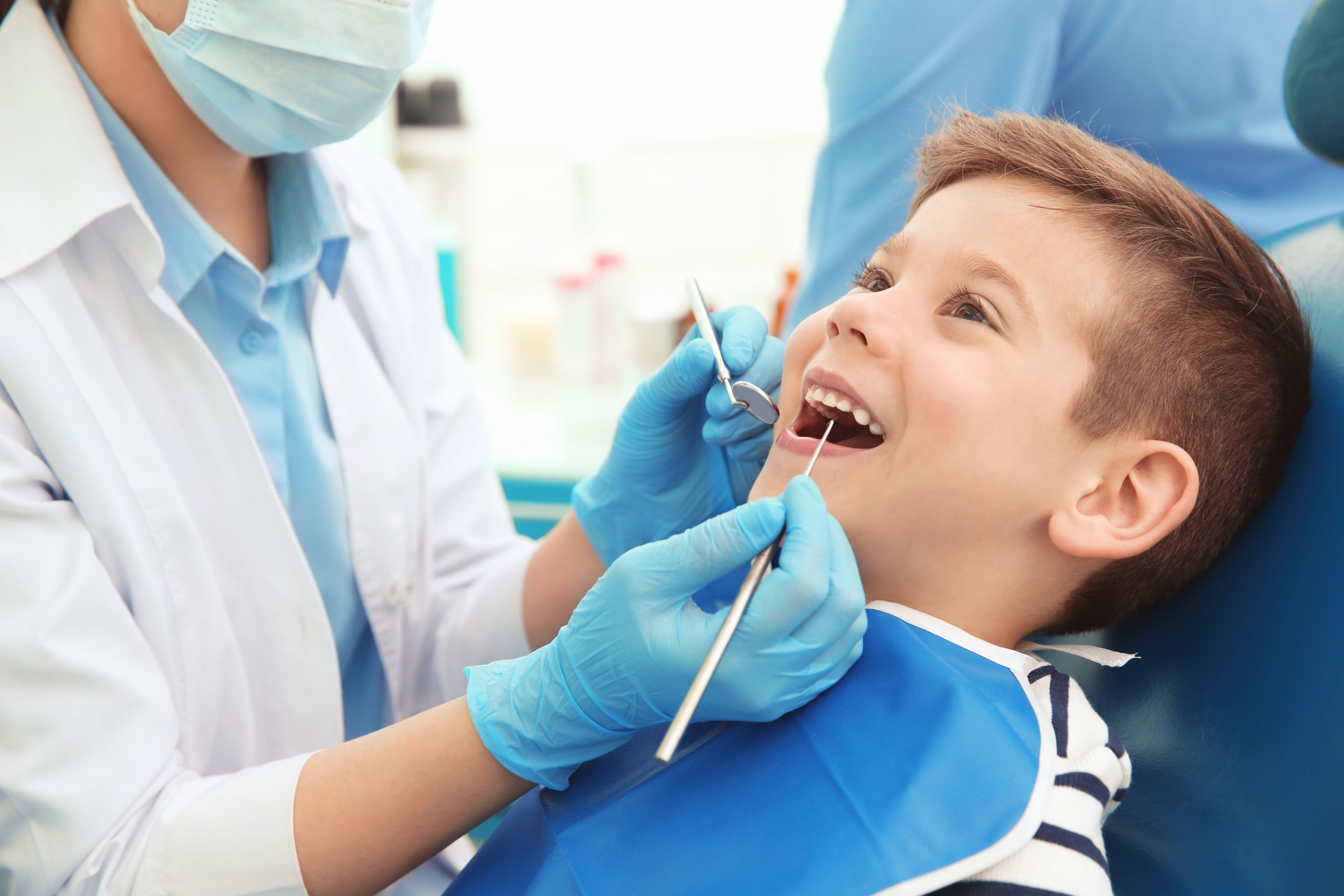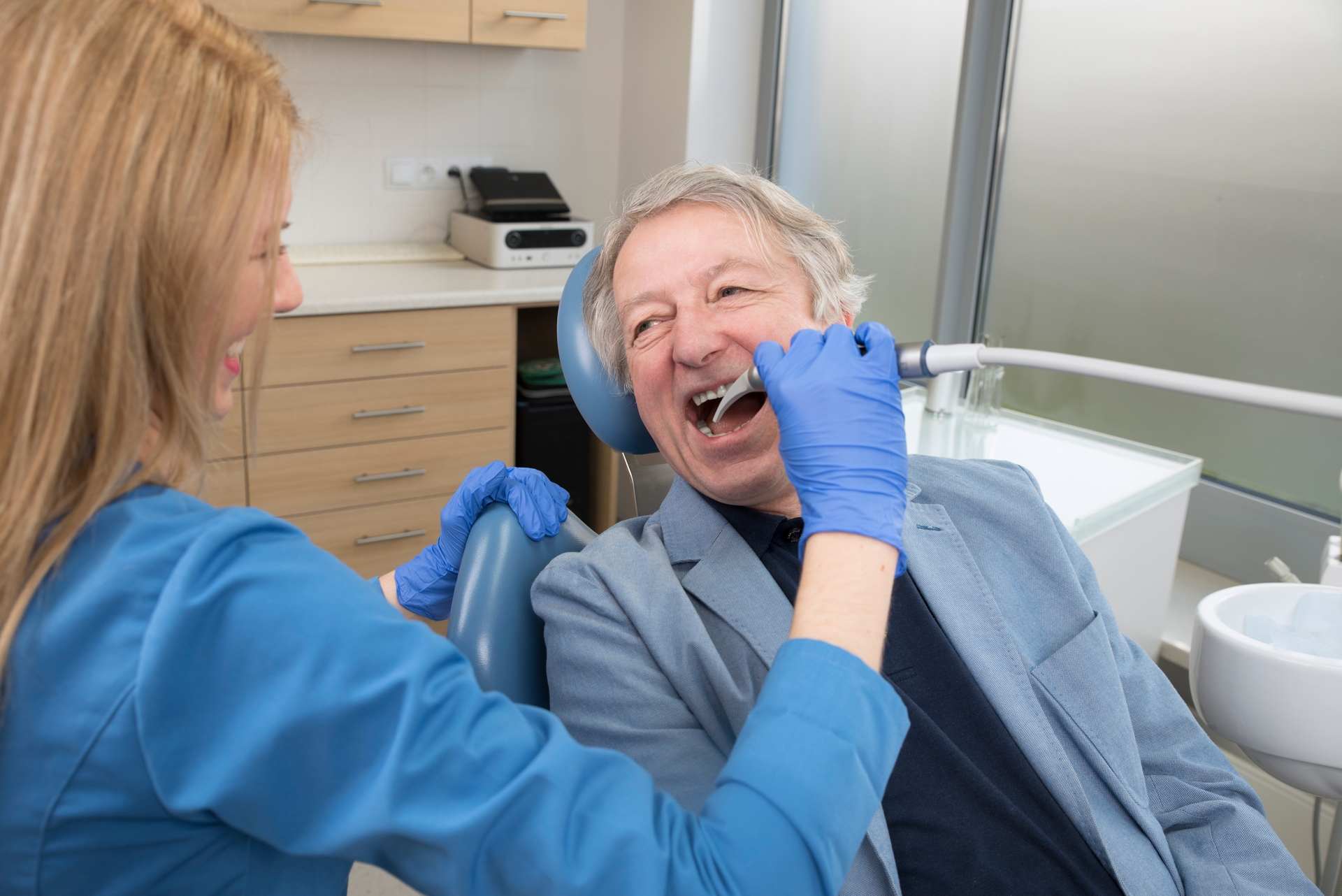When it comes to the dental health, we all know that there are some simple things that you can do every day to make sure your teeth stay healthy and avoid any problems. LPS Dental is one of the best options to do so!
Maintaining healthy teeth over a lifetime is necessary. Even if you think your teeth are in excellent condition, it’s still important to care for them properly every day to avoid issues. It all comes down to using the proper oral care products and paying attention to your daily routine. You might be surprised to learn that there are many things that you can do to keep your teeth looking great. You just have to take care of them every day.
Some of these things include brushing, flossing, using mouthwash, eating a balanced diet and also visiting your dentist regularly. Here are several ways on how you can take care of your dental hygiene so that you can get the best results.
Brushing
One of the first steps in taking care of your teeth is by brushing twice daily. Make sure you brush for at least two minutes each time, and use a soft-bristled toothbrush. It is important to note that you should not use a finger or an electric toothbrush as they do not clean effectively enough.

It is also wise to choose the right type of toothpaste for your needs. For example, if you suffer from sensitive teeth then you should buy toothpastes with less abrasives that will help reduce the sensitivity.
Another thing that you need to do is to change your toothbrush after three months so that it can remain fresh. Also, you should replace the bristles after about six months.
If you have problems with gums, then it is recommended that you visit your dentist so that he or she can recommend the best solution for you.
Flossing
Another way to prevent cavities is by using flossing at least once a day. When you floss, make sure that you floss between each tooth, starting with the front teeth and working toward the back ones. This will ensure that you remove plaque buildup on the sides of your teeth.
It is also good to use a dental flosser to help you remove the plaque buildup. The flossers work much better than regular floss because they create friction against your teeth which helps loosen up the food particles stuck in between.
As a general rule, you should floss before going to bed so that you do not forget during the night. Also, you should only floss one side of the mouth at a time because this will enable the saliva to flow freely while you are flossing.
Using Mouthwash
As mentioned above, you should also use mouthwash every day to maintain your oral hygiene. There are different types of mouthwashes available on the market today. These include flavored, minty, antiseptic, alcohol-based mouthwashes, etc. Whatever you select, make sure that it does not contain alcohol or any other ingredients that could cause allergic reactions.
The most common problem with mouthwash is that people don’t rinse their mouths well enough after using it. As such, it tends to stain the teeth and may leave a bad taste in your mouth. To avoid this, always swish the mouthwash in your mouth for 30 seconds before rinsing it out. Also, you should spit it out after you rinse so that you can make sure that everything gets flushed away.

Eating a Balanced Diet
There are certain foods that can affect the growth of bacteria in your mouth, especially when you eat a lot of sugary foods like candies, cakes, pastries, and sodas. If you want to keep your teeth healthy, you need to steer clear of these items.
You should also try to avoid putting too much sugar in your diet. Too much sugar is known to make your teeth more prone to decay. In fact, studies show that the risk of developing dental caries increases by 25 percent if you consume more than 20 grams of sugar per day.
Instead of consuming too much sugar, you should choose healthy alternatives like fruits and vegetables. They tend to have lesser sugars than the sweetened foods that you usually consume. Fruits have potassium and vitamin C, which are both essential nutrients that help fight off bacterial infections in the mouth.
Visiting Your Dentist Regularly
This is another very effective way of keeping your teeth healthy. A dentist will be able to identify problems in your teeth, gum tissues, and other parts of your mouth. He or she will also be able to treat minor issues without costing you anything.
A dentist can even perform procedures that would cost thousands of dollars if done in a different area. Some of these procedures include crowns, bridges, implants, root canal treatment, and teeth whitening.
In case you are worried about visiting a dentist, here are some tips on how to find a good one in your area.
Look for a dentist who has been practicing long enough to build up a reputation. Check his/her credentials (i.e., board certifications, membership in professional organizations).
Ask friends and family members where they go for their dental services.
Visit local dentistry offices. Look at their facilities and equipment to see if they meet your standards.
Check online for reviews. Read what previous patients had to say about their experiences with the dentist.
Finding a low cost dental care
The cost of dental care. Routine dental care is not covered by Medicare, and Medicaid dental coverage may be restricted in some states. You might want to research senior private dental insurance. Make sure you are aware of the price and the services provided.




